Attending the seminar were comrade Vu Hai Quan, member of the Party Central Committee, Director of Ho Chi Minh City National University; Nguyen Van Hieu, alternate member of the Party Central Committee, Secretary of the Can Tho City Party Committee, and many leaders of institutes, schools, and provinces in the Mekong Delta.
According to Director of Ho Chi Minh City National University Vu Hai Quan, the Mekong Delta is one of the key economic regions of the country, but it is also a region facing many challenges due to climate change affecting all industries, fields and economic sectors. Building and implementing solutions based on science and technology with a long-term, sustainable vision to adapt to climate change is urgent. Realizing that, on December 29, 2023, the Ministry of Science and Technology issued Decision No. 3289/QD-BKHCN approving the National Science and Technology Program for the period up to 2030 "Science and Technology to respond to climate change for sustainable development of the Mekong Delta".
Speaking at the seminar, Deputy Minister of Science and Technology Tran Hong Thai said that the Mekong Delta has always received the highest attention from the Party and State leaders. The Prime Minister has issued a comprehensive action program on sustainable development of the Mekong Delta in response to climate change; the Government has issued an action program on socio -economic development orientations and ensuring national defense and security in the Mekong Delta region until 2030, with a vision to 2045...
To materialize those policies, the Ministry of Science and Technology has implemented many national Science and Technology Programs to serve the sustainable development of the Mekong Delta. In the period of 2021 - 2030, many programs have been and will be implemented, notably the Program "Science and Technology to Respond to Climate Change to Serve Sustainable Development of the Mekong Delta". The Ministry of Science and Technology hopes to attract the participation of a large number of scientists in this program, especially scientists currently working in the Mekong Delta, directly affected as well as having a deep understanding of this land.
Speaking at the seminar, scientists all agreed on the need for a scientific and long-term scenario for climate change adaptation in the Mekong Delta. Focusing on major groups of solutions: Communicating change, raising awareness for the community to minimize actions that damage the environment; Promoting international cooperation and regional linkages to make the most of the intellectual resources of domestic and foreign scientists to contribute ideas for sustainable development in the Mekong Delta...
Professor, Doctor, Hero of Labor Vo Tong Xuan believes that there needs to be planning and "natural" solutions so that we can "live with" climate change. Professor Vo Tong Xuan emphasized that efforts to go against the changes of nature will cost us a lot of human and material resources but the results will not be high. For example, if we keep trying to "sweeten" saltwater areas to expand rice growing areas, we will cause ecological imbalance in the region, when the freshwater area is regulated, there will be a shortage of fresh water; places with saltwater sources will still not be able to grow rice as easily as normal freshwater areas. Instead, let's think of scientific and technological solutions, research and develop plant and animal varieties that can adapt to saltwater intrusion, drought, etc.
Comrade Tran Viet Truong, Chairman of Can Tho City People's Committee said: As the central city of the Mekong Delta, where leading experts gather, local leaders hope that scientists will focus on researching and proposing solutions in priority areas of the locality as well as the whole region such as: Circular economic development models, green growth; Models, technologies, solutions for sustainable use of resources, biodiversity conservation; Technical solutions to adapt to drought, saltwater intrusion, floods, landslides, ground subsidence, reducing greenhouse gas emissions, protecting the quality of soil, water and air environments.
At the same time, it is necessary to apply high technology to develop smart agriculture; select, breed, and produce new varieties with high economic value, adapt to climate change, the impact of the upper Mekong River and suitable for ecological sub-regions; apply new technology and materials to develop smart cities, green architecture adapting to climate change and preventing and combating natural disasters.
Developing smart waterway transport systems, smart water supply and salinity prevention systems; instantaneous subsidence forecasting systems for important and sensitive areas to subsidence and landslides. Researching scientific bases, practices, models, and solutions for applying ecological civilization in socio-economic development, environmental protection, and effective response to climate change for sustainable development of the Mekong Delta. Thereby contributing to making the Mekong Delta a key economic, civilized, and ecological region imbued with the cultural identity of the country's rivers, integrating regionally and internationally./.
Source



![[Photo] Prime Minister Pham Minh Chinh chairs the first meeting of the Central Steering Committee on housing policy and real estate market](https://vphoto.vietnam.vn/thumb/1200x675/vietnam/resource/IMAGE/2025/9/22/c0f42b88c6284975b4bcfcf5b17656e7)







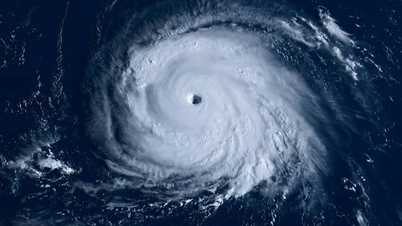









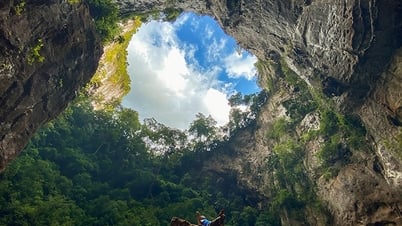
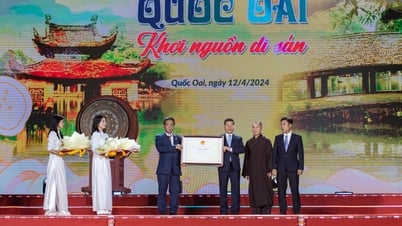

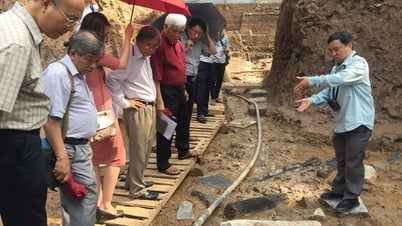

![[Photo] General Secretary To Lam presents the First Class Labor Medal to the Vietnam National Energy and Industry Group](https://vphoto.vietnam.vn/thumb/1200x675/vietnam/resource/IMAGE/2025/9/21/0ad2d50e1c274a55a3736500c5f262e5)




























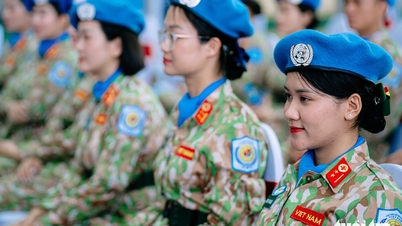









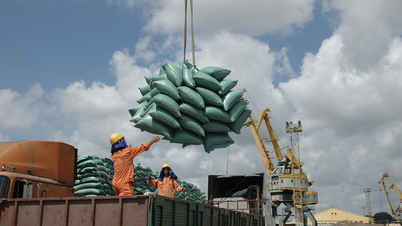











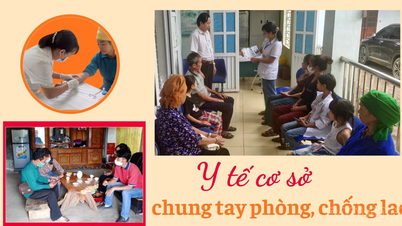
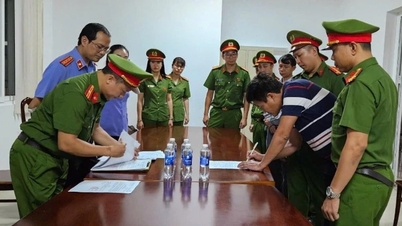











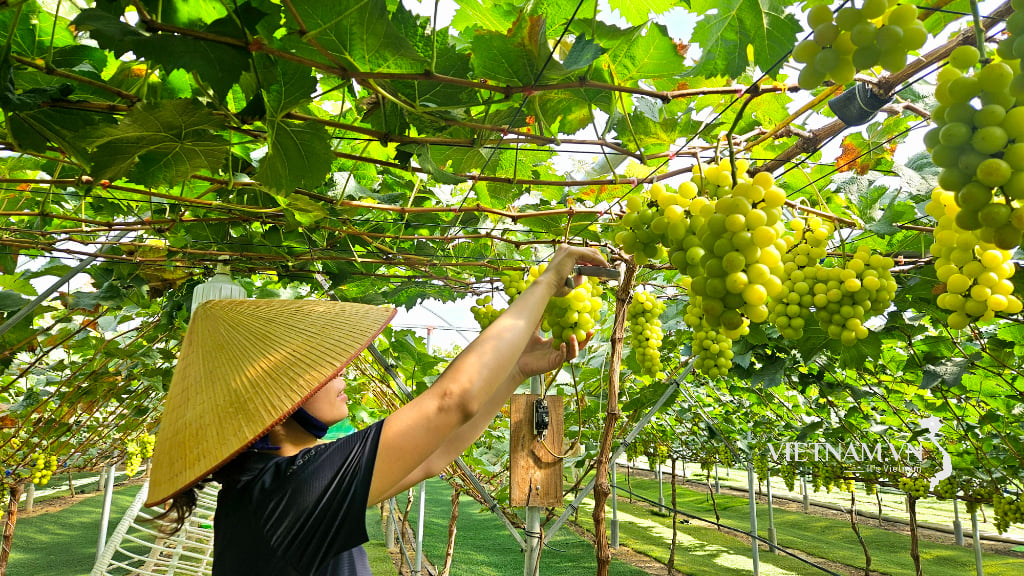

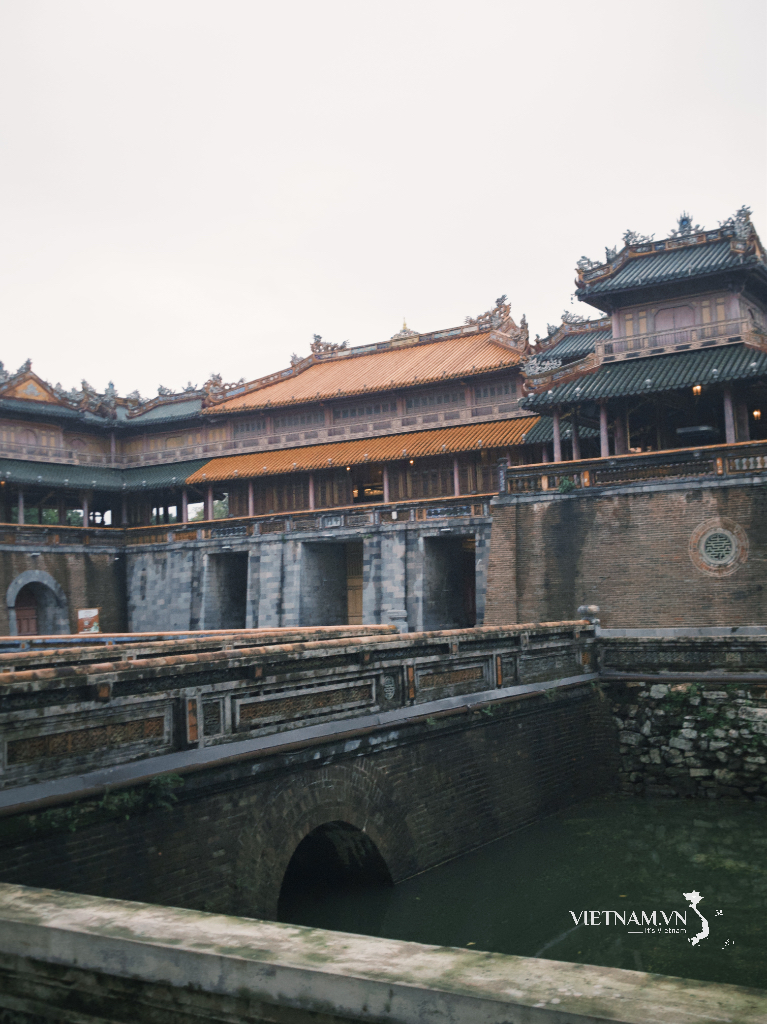
Comment (0)